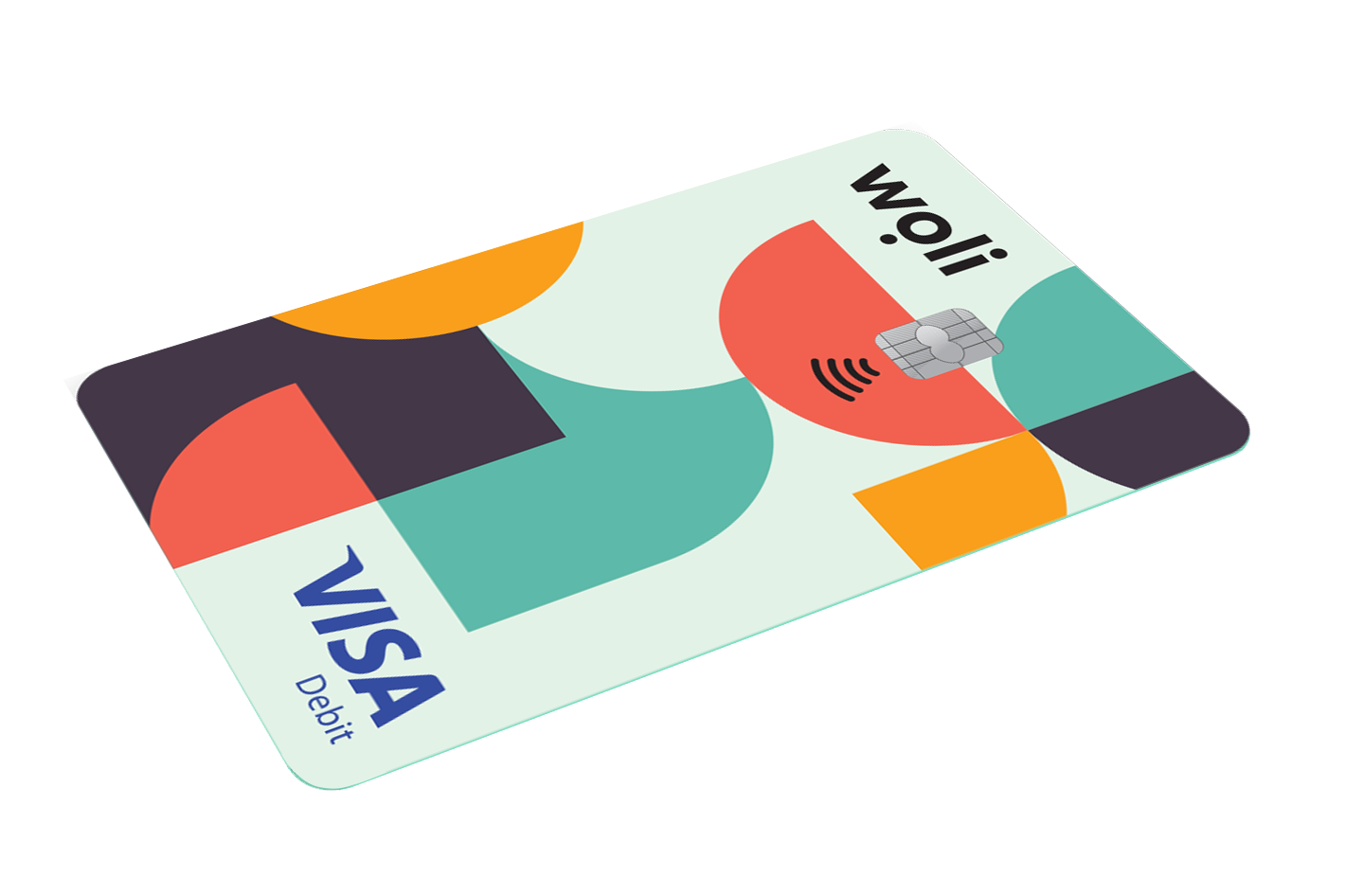When is the right time for a smart prepaid card?
Generation Z (born between 1995-2010) are digital natives by birth, and this includes their approach to managing financial transactions. As the world moves towards a cashless economy, parents can use their children’s digital footprint to help them learn about money, and how to manage it.
How ready is your child to transition from cash to a Woli debit card?
-
He/She asks for money (or your debit card)
Children usually get money sporadically when they ask for it. However, cash does not allow them to track their spending, and the lack of standardized frequency gives them no opportunity to engage in long term planning. Parents’ bank accounts seem endless for children!!
-
He/She thinks money grows on trees (not really..)
Getting children in the habit of earning builds up their understanding that money comes from hard work. Involving children in household chores makes them more responsible, while even a small monetary reward ignites the gratification of earning for their work. Spending their hard earned money instantly applyfies the importance of good money management.
-
He/She buys things on their own
Is your child ordering pizzas and buying gaming add-ons on their own? Now it is the time to set the foundation of their good relationship with money, by learning how to spend wisely and safely.
-
He/She is thinking ahead (of their next gadget, phone, shoe..)
Spending wisely is one thing to learn, but saving is equally important. Let your child set their own goals and help them to accomplish them through savings. Whether it is a new gaming console or a pair of shoes, saving for it will teach them to skip short-tem wants in order to reach long term goals.
-
He/She is curious about money
Children have an unlimited amount of information on their hands, and as more and more households consist of working parents, they get curious about business/money related issues quite young. Lack of communication about money and its purpose leave children feeling untrusted and dismissed. Use your child’s recorded monetary habits to engage him/her in financial discussions now, and they will be better prepared to make sound decisions on financial matters later in life.








